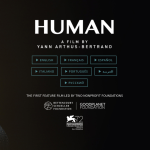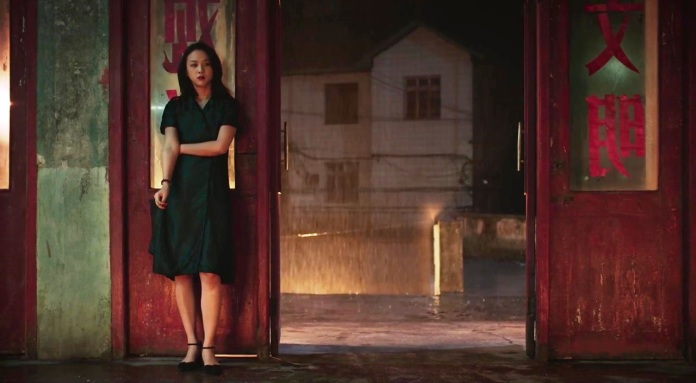We watched “Drive My Car” in two sittings… it’s a 3-hour film. A great film. Hey, it’s 2022 and they are still making good films, somehow. I have not read the Haruki Murakami story upon which it is based, although I’ve read so many of his novels and stories. And I have also never seen or read Uncle Vanya, which is enfolded within it. It isn’t the first film to do that – I have the earlier one in my library to watch.
I often wonder why the tears flow so easily when watching movies, though in my ordinary life, it is less common for me to express, or even experience, strong emotions. I prefer not to give myself over to strong emotions like grief because I suspect that once we allow it to engulf us, it only ever leaves us in moments of exhaustion. The characters in Drive My Car eventually find consolation and healing, apparently, whereas this is not something I often see among those who grieve for their loved ones.
Emotion is a lens through which we look at the world. As long as we keep looking through it, the world will always appear in a certain way. If we throw aside the lens, the world already looks different. The consolation of philosophy? Perhaps.
Although I watched Drive My Car to the end – sometimes I will watch a film or a TV series up to a certain point and then decide that that’s enough. It’s not necessarily that I disliked what went before, but only that I am fine with being left with what was there on the screen up to that point. That’s usually the case also in real life. One day we suddenly leave it, with many tasks uncompleted, many knots we never unravelled, many strings that we never managed to tie.
A man who loves movies:
I let my love for cinema destroy my life… but I’m still always eager to see a good film.
It’s not important who made it.
Just seeing it is the important thing.
The cinema lost me my job.
It robbed me of my life… my social identity.
But even now, just one good film and I eagerly turn back to cinema.
Whenever I see a film, I dissolve myself in it… to such an extent that I reach the bottom.
I fade out and perhaps… I get lost in it.
And this has played an essential role in my life.
Hossein Sabzian
https://www.sabzian.be/article/hossein-sabzian


